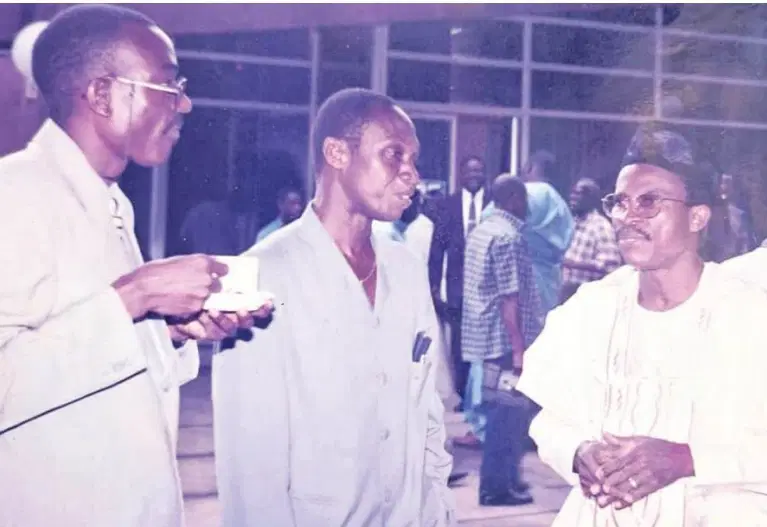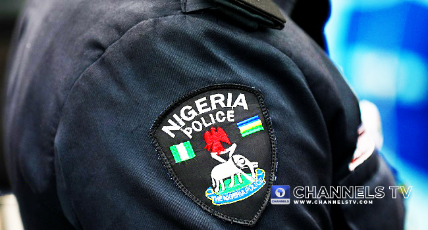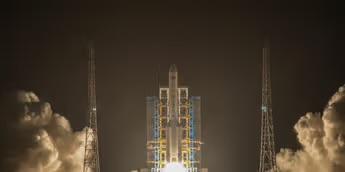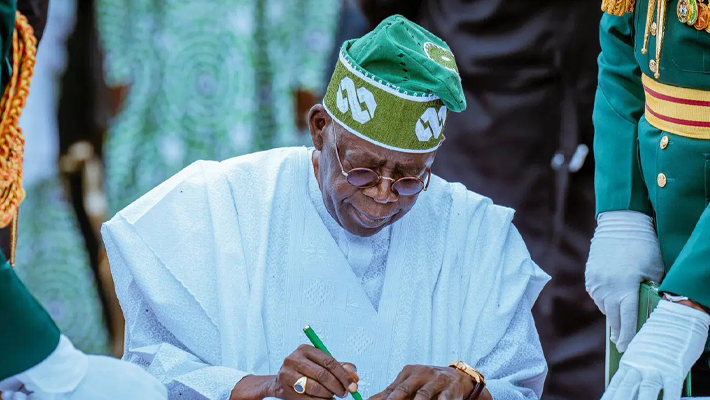Recognizing the Unsung Labour Heroes of the June 12 Democratic Struggle

Today marks the 32nd anniversary of the historic June 12, 1993, presidential election—an election widely regarded as the freest and fairest in Nigeria’s democratic history. It was a moment of rare national unity, as Nigerians from all walks of life voted overwhelmingly for Chief Moshood Kashimawo Olawale (MKO) Abiola of the Social Democratic Party (SDP). Yet, despite this clear mandate, the election was annulled by the then-military ruler, General Ibrahim Babangida, triggering national outrage and a wave of resistance.
Among the many champions of the ensuing pro-democracy movement were members of organized labour—courageous and committed individuals whose names are not always mentioned when the June 12 story is told. One of the prominent labour leaders involved in the resistance has now renewed the call for proper recognition of these unsung heroes, especially those from the oil and gas sector unions.
The annulment of the June 12 election ignited widespread protests and catalyzed the formation of pro-democracy coalitions such as the National Democratic Coalition (NADECO). While political activists and human rights groups drew public and international attention, two critical unions—the Petroleum and Natural Gas Senior Staff Association of Nigeria (PENGASSAN) and the National Union of Petroleum and Natural Gas Workers (NUPENG)—took bold and risky steps to confront the regime.
At the height of the crisis, an emergency National Executive Council (NEC) meeting of PENGASSAN was held in Benin City. Despite intimidation by military agents, the union resolved to embark on a nationwide strike, effectively shutting down Nigeria’s vital oil and gas sector. This bold move dealt a significant blow to the military government, which relied heavily on oil revenue. Though the action came with great personal risks, the unions remained unwavering.
Their collaboration with NADECO became vital, especially as street protests began to wane. Labour’s industrial action helped sustain momentum and put pressure on the regime. Prominent NADECO leaders—including the current President of Nigeria, Bola Ahmed Tinubu, Prince Ademola Oyekan, and Chief Ayo Opadokun—worked closely with union leaders to coordinate and support the resistance.
At the time, PENGASSAN was led by Comrade Bola Owodunni (National President), Chief Milton Dabibi (General Secretary), and the writer, who served as Deputy General Secretary. NUPENG’s ranks also included several notable figures such as Joseph Akinlaja, Elijah Okougbo (late), and other committed comrades. Others who stood firm during those perilous times include Babatunde Ogun, Matthew Awhata, Pius Okorigba, Bayo Olowoshile, Sunny Onyemaechi, Frank Addo, and Iregha.
These individuals endured severe persecution. Many were arrested, some imprisoned without trial, and others forced into hiding. Union secretariats were taken over by government-appointed administrators. Yet, despite the repression, the fight continued underground, sustained by supporters like Chief S. S. Afemikhe, a chartered accountant who offered his office space to PENGASSAN—free of charge—for coordination of covert operations.
In the years following Abiola’s death and the brief transition led by General Abdulsalami Abubakar, Nigeria returned to democratic rule in 1999. Since then, the country has held successive elections, and many now benefiting from this democratic order played no role in the difficult struggle that made it possible.
This moment of reflection raises an important question: What has become of those who risked everything—freedom, jobs, and even their lives—to reclaim the people’s mandate?
As we commemorate June 12, it is time to give these labour heroes their due. The leadership of PENGASSAN and NUPENG must formally recognize individuals and allies like Chief Afemikhe, whose silent sacrifices were instrumental. Nigeria’s democracy did not come easily, and we must not forget those who paid the price for the freedoms we now enjoy.This writer strongly believes that President Tinubu, a product of the June 12 movement, should identify and honor the surviving labour heroes. Many of them are capable and willing to contribute to the success of his administration and democratic reforms.
It is disheartening that some who avoided the military’s wrath now enjoy the benefits of democracy while true heroes remain forgotten. As the President reflects on the past, he should remember the words of our national anthem: “The labour of our heroes past shall never be in vain.” The sacrifices made by these labour activists should earn them the recognition and rehabilitation they rightly deserve
After all, as American attorney Albert Pike said: “What we have done for ourselves alone dies with us; what we have done for others and the world remains and is immortal.”








